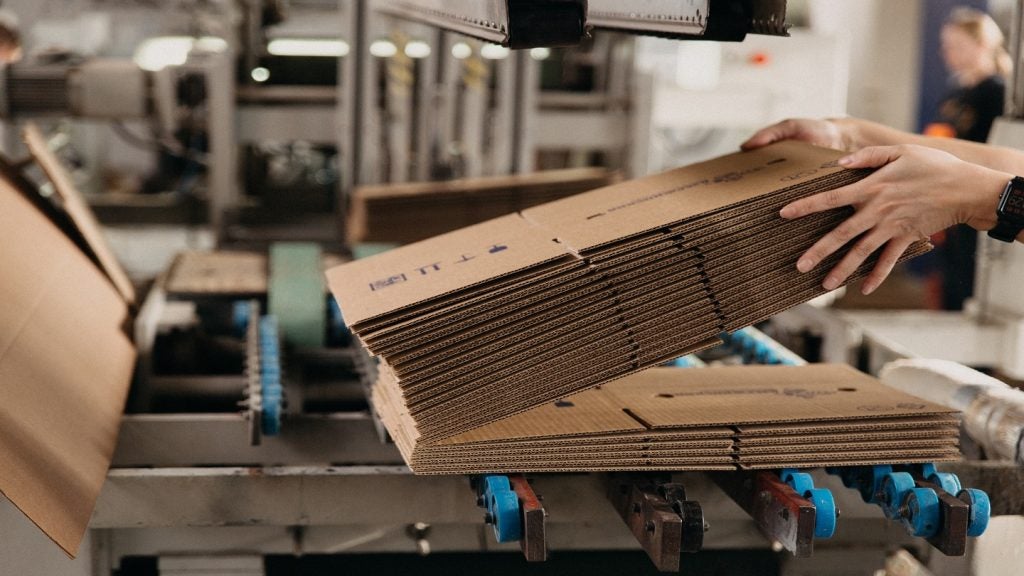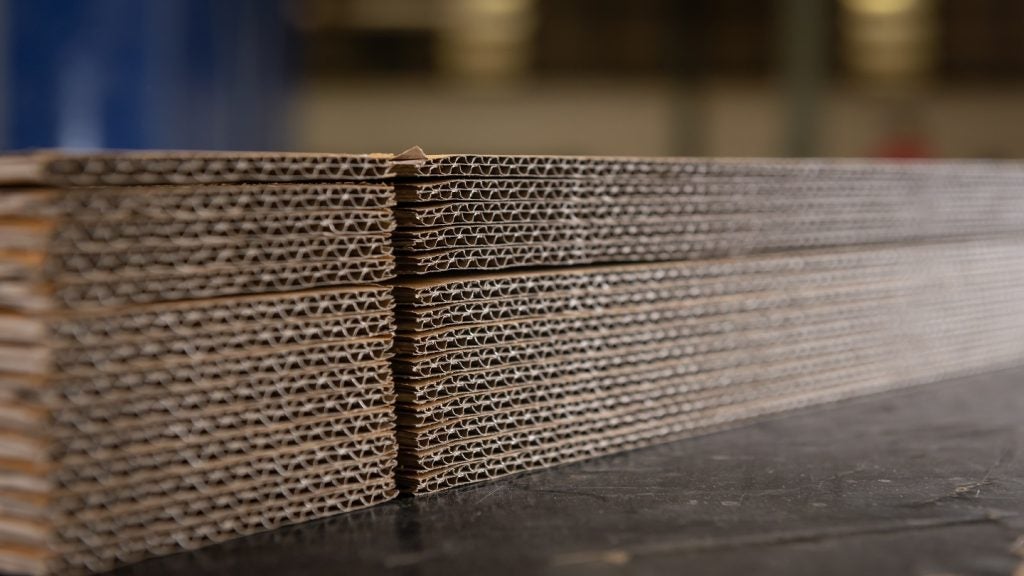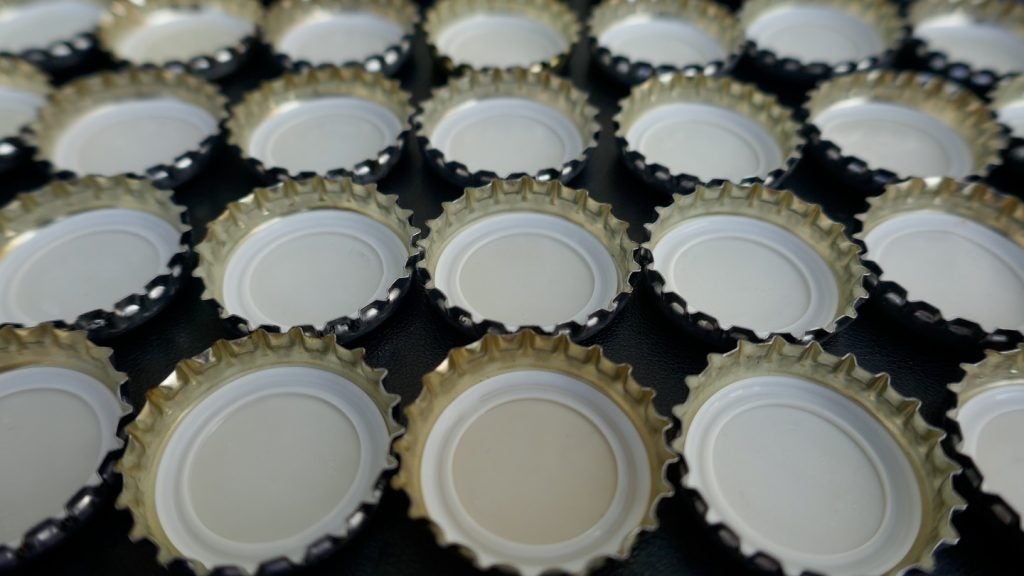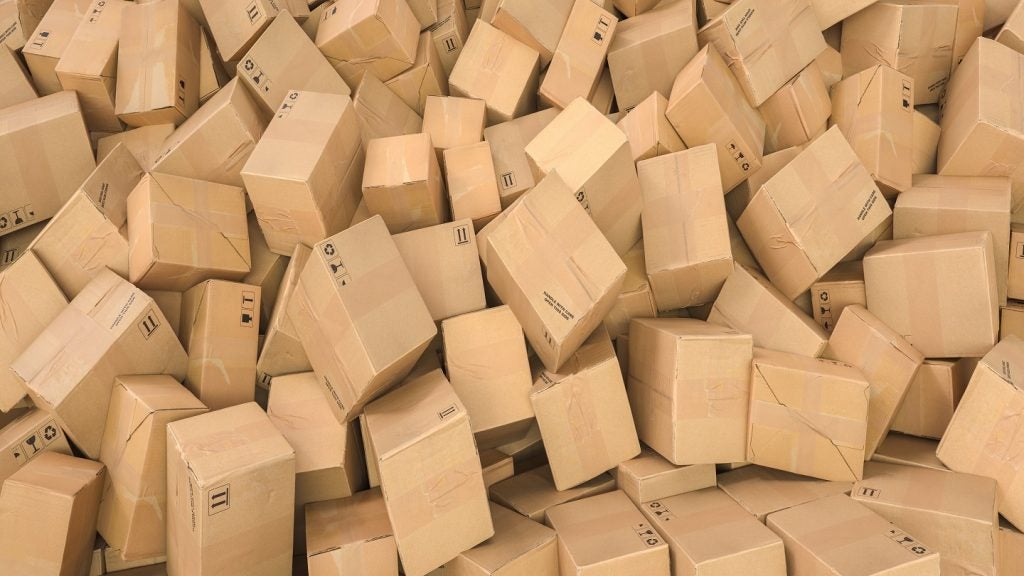The Department for Environment, Food & Rural Affairs (Defra) in the UK has released a new methodology to assess and rate the recyclability of packaging materials.
The Recyclability Assessment Methodology (RAM) will utilise a traffic-light-style system, with 'red' indicating the most difficult-to-recycle materials, 'amber' for those that pose some challenges, and 'green' for easily recyclable materials.
The RAM is part of the wider extended producer responsibility (EPR) for packaging scheme and will influence the disposal fee producers pay when putting packaging on the market.
Producers are expected to start applying this methodology for household packaging from 1 January 2025, with a reporting deadline on the results set for 1 October the following year.
Defra's methodology evaluates eight categories of materials, incorporating paper and board, fibre-based composite materials, steel, aluminium, glass, wood, and plastics, which are further divided into rigid and flexible subtypes.
Packaging or components will be assessed based on the predominant material by weight.
Exempt packaging materials include reused packaging (unless imported into the UK) and packaging exported by the producer.
Defra noted that the RAM will undergo an annual review to accommodate innovation, market evolution, and regulatory changes, aligning with the reporting periods for EPR for packaging.
The UK government introduced a landfill tax in 1996 to discourage landfill disposal and promote recycling.
According to the country's HM Revenue and Customs body, the tax was "not primarily intended as a revenue-generating tool" but to drive behavioural changes in waste management.













